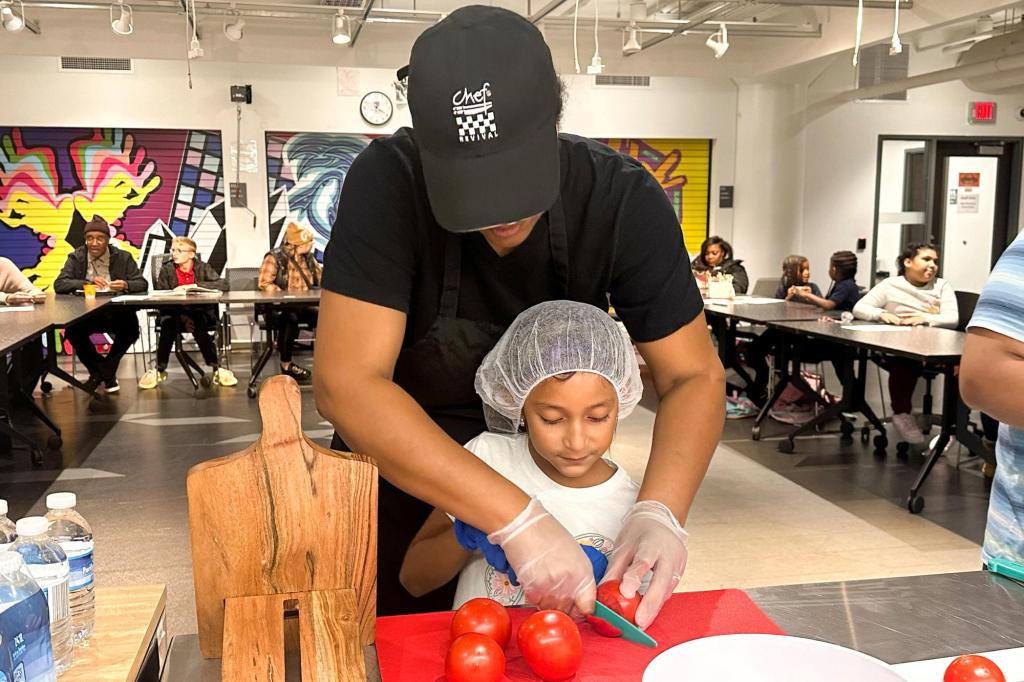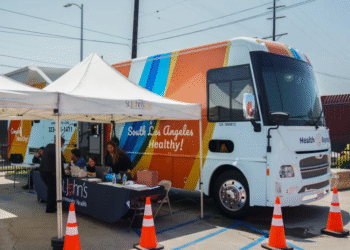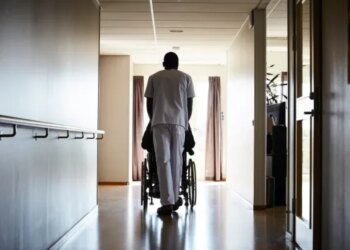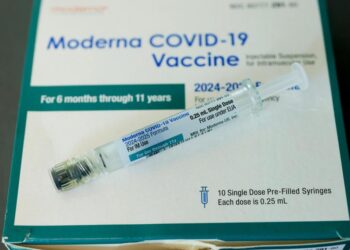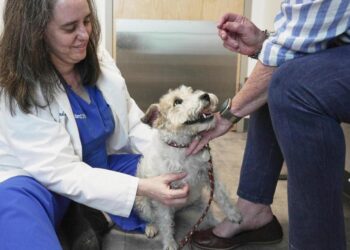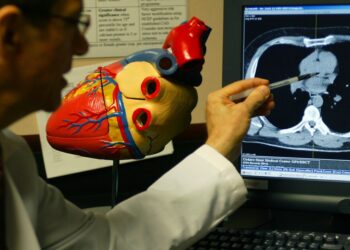By DEVI SHASTRI, Associated Press
MILWAUKEE (AP) — The Aurora Health Care Mobile Medical Clinic team waited patiently at a table in the main hallway of the Milwaukee Public Library’s sprawling downtown branch, a blood pressure cuff and mental health questionnaire at the ready as they called out to patrons who paused: “Do you have any questions about your health?”
On this Tuesday afternoon, one man did. His joints were bothering him, he told Carolyn McCarthy, the team’s nurse practitioner. And he knew his bones need calcium to stay strong, so he stopped taking his blood pressure medication, a calcium channel blocker.
McCarthy talked with him at length in simple and specific terms about how the medication worked on his cells, why it was important to take and how it doesn’t affect calcium storage in his bones.
“Hopefully, he walked away a little bit more informed,” McCarthy said.
The mobile clinic is one of several health programs offered by libraries around across the U.S. — from tiny rural town libraries to large urban systems. They offer fitness classes, food pantries, cooking classes, conversations about loneliness and mental health, and even blood pressure monitors that can be checked out just like books.
The public health programs leverage libraries’ reputation as sources of reliable information and their ability to reach people beyond formal health care settings. No money, insurance, language skills or ID required, no limits on age. All are welcome.
Libraries are “the last true public institution,” said Jaime Placht, a health and well-being specialist at the Kansas City Public Library system in Kansas City, Missouri. The system has a full-time social work team. “The library is a public health space.”
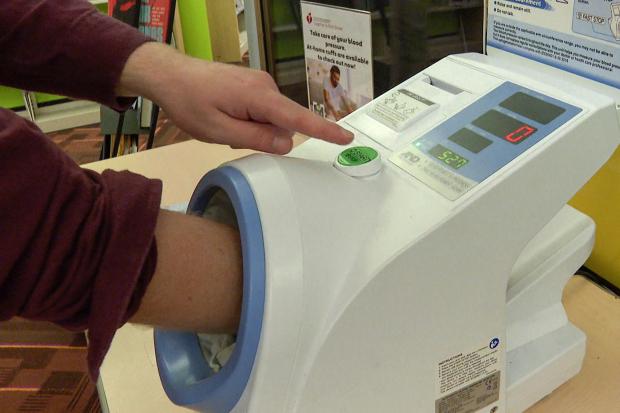
The Kansas City Public Library, along with Milwaukee and several others, is part of the American Heart Association’s Libraries with Heart program. Several Kansas City branches have blood pressure stations — which Placht said have been…
Read the full article here

